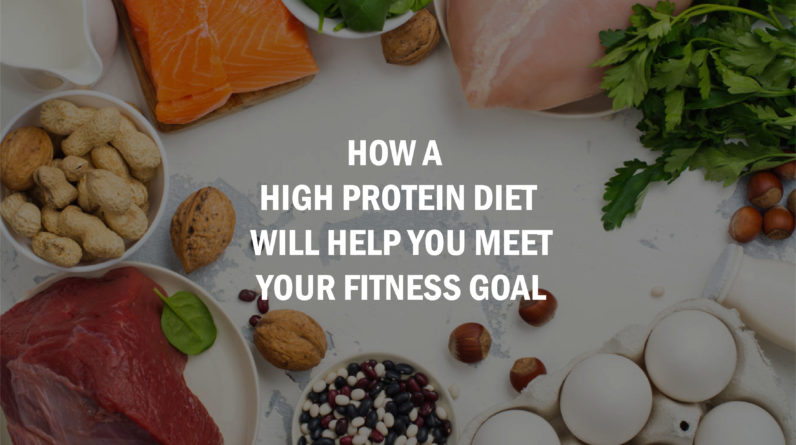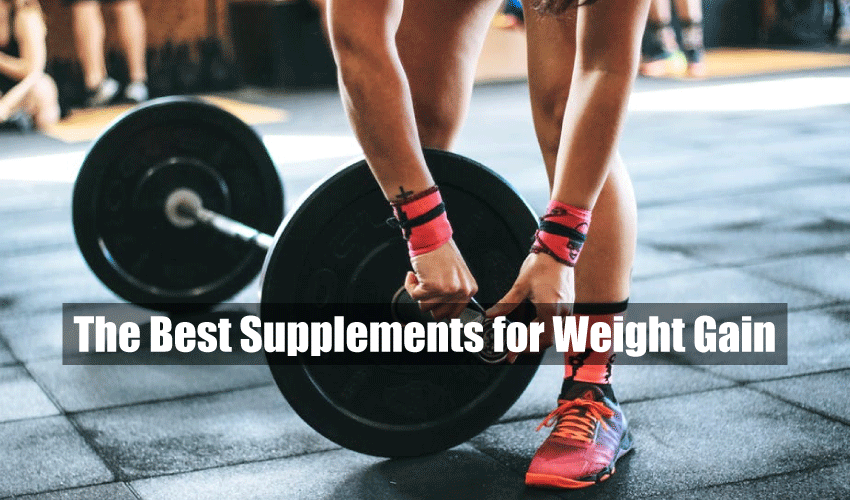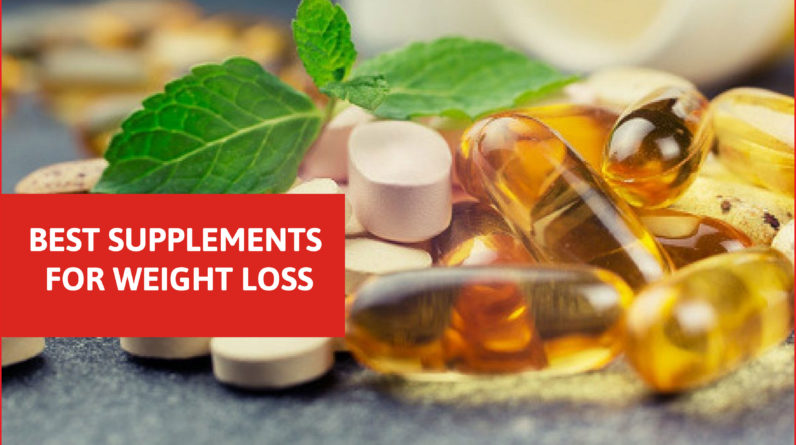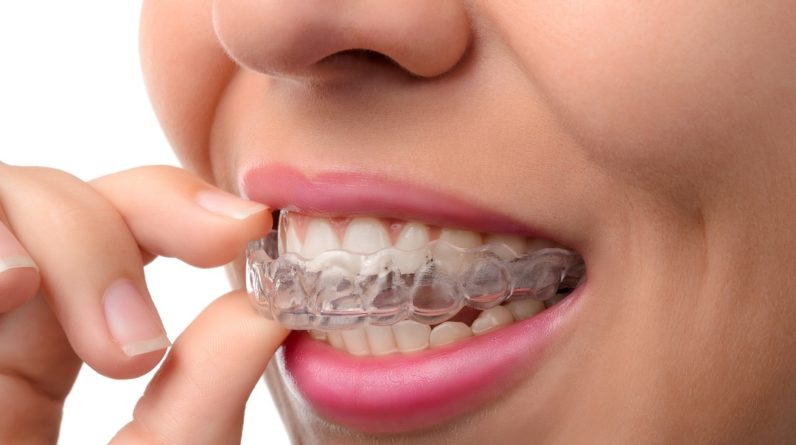Being pregnant does wonder for your body. You’re growing a little human inside you, which is wonderful and amazing, but it can also play havoc on the way your body looks, feels, and functions. Some of these changes are quite welcome. For most expectant mothers, breasts get bigger, hips get wider, bottoms get rounder, hair gets thicker, and skin glows. Unfortunately, for many mums, teeth get damaged.
There’s an old story that every time you have a baby, you lose a tooth. That’s not necessarily true, but pregnancy does have an impact on your teeth and gums. Internally, your hormones are haywire, and this not only affects what you want to eat, it also affects how your body reacts to these unusual cravings.
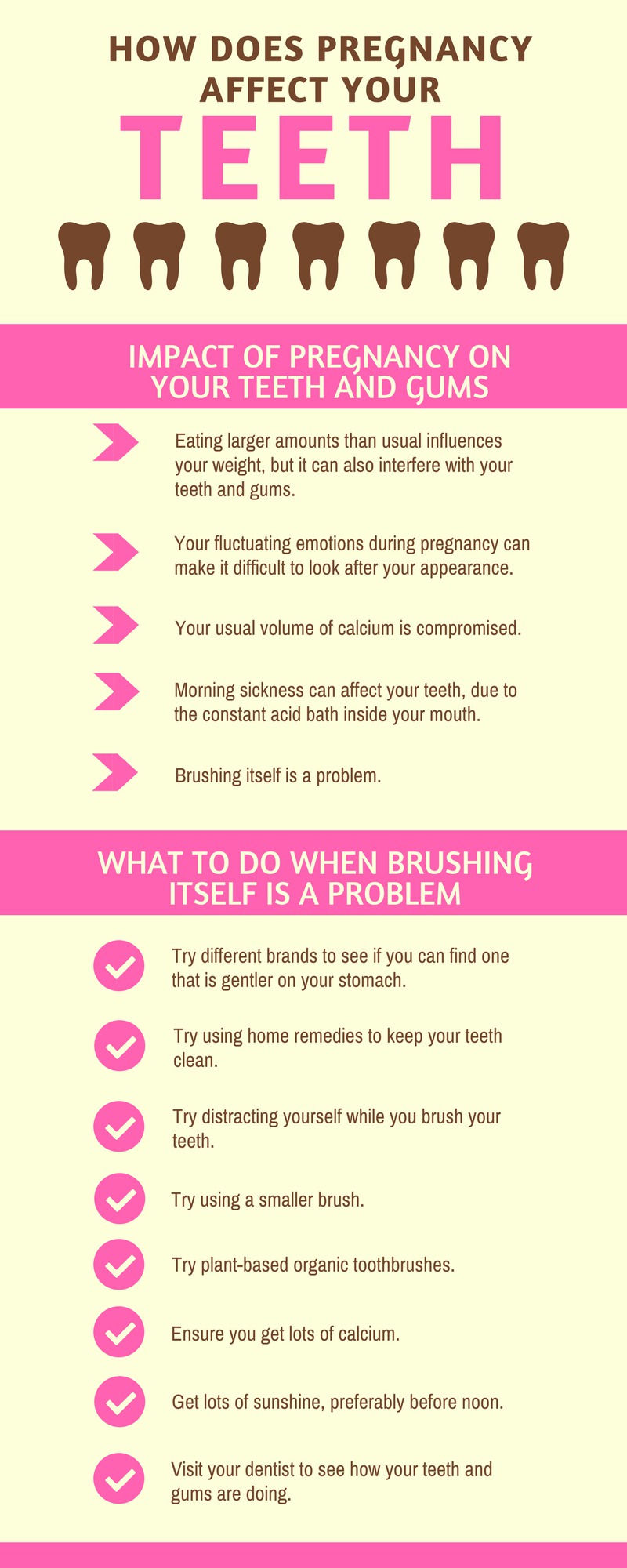
Eating larger amounts than usual influences your weight, but it can also interfere with your teeth and gums. The type of food you eat and when you eat it can lead to more activity inside your mouth, and unless you maintain good oral hygiene, that can cause a build-up of plaque and tartar.
Of course, your fluctuating emotions during pregnancy can make it difficult to look after your appearance. Many mums-to-be feel unattractive, so they have a hard time focusing on their clothes and body care. This often stretches into their brushing and flossing routine. In addition, your usual volume of calcium is compromised, since a significant portion is being diverted to your baby’s teeth and bones.
While most people develop gum disease at some point in their lifetime, this relatively mild condition can be critical in mothers-to-be. If a mother has gum disease, it increases the chances that her baby will be born prematurely, so it helps to take special care of your teeth and gums during this period.
So far, we’ve looked at two potential dental issues that may come up during pregnancy. The desire for sweet foods could increase levels of plaque, and gum disease could change your baby’s birthday. Here’s one more. Morning sickness can affect your teeth, due to the constant acid bath inside your mouth.
For some expectant mothers, the prospect of vomiting makes them almost obsessive about brushing their teeth. For other mums, brushing itself is a problem, because the taste and texture of their toothpaste and brushes trigger a retching reflex.
You don’t have to brush every time you feel nauseated. In fact, it’s advisable not to since over-brushing could lead to a different kind of tooth damage. Instead, you can wash out your mouth with an alkaline home solution like water and baking soda.
Read Also: Top Foods for Your Child’s Teeth
If your toothpaste is making you uncomfortable, try different brands to see if you can find one that is gentler on your stomach. If you can’t settle on the right tube, you could try using home remedies to keep your teeth clean. Brush with a baking soda paste, or put a little table salt on your toothbrush.
Some of these options may still be unappealing to you, so it may come down to mind over matter. Try distracting yourself while you brush your teeth. Do some breathing exercises and focus on that rather than the brushing action and the smell of toothpaste. You might also listen to some music, or watch a video clip on your phone as your brush, just to keep your mind occupied.
If the retching is caused by the physical sensation of the brush in your mouth, try using a smaller brush. There are toothbrushes specifically made for two or three-year-olds, and these smaller brush heads will be less likely to provoke a gag reflex.
You might even try plant-based organic toothbrushes. They are popular among certain indigenous communities and can be easily sourced online. Even if you’re using a regular toothbrush, get a new one with softer bristles that will be kinder to your gums, since they are susceptible to pain and swelling at this time.
You can keep our teeth healthy from the inside as well. Ensure you get lots of calcium by consuming a good dose of dairy if your eating habits allow it. Cheese, yoghurt and milk are helpful. Vegetarians and vegans can substitute soy for dairy, though they should look for a brand that is fortified with calcium.
Vitamin D helps too, so get lots of sunshine, preferably before noon. Dietary sources of this vitamin include margarine, eggs, cheese, and fatty fish like salmon. Wherever your cravings allow, put these on your plate because they’re good for your teeth.
During your pregnancy, it’s a good idea to visit your dentist to see how your teeth and gums are doing. If you’re not showing yet, make sure your dentist knows there’s a baby on board. This is key because some dental practices like anaesthesia or x-rays might hurt the baby. Also, dental instruments might trigger that gag reflex, and if that’s the case, you really want to warn your dentist in advance.

